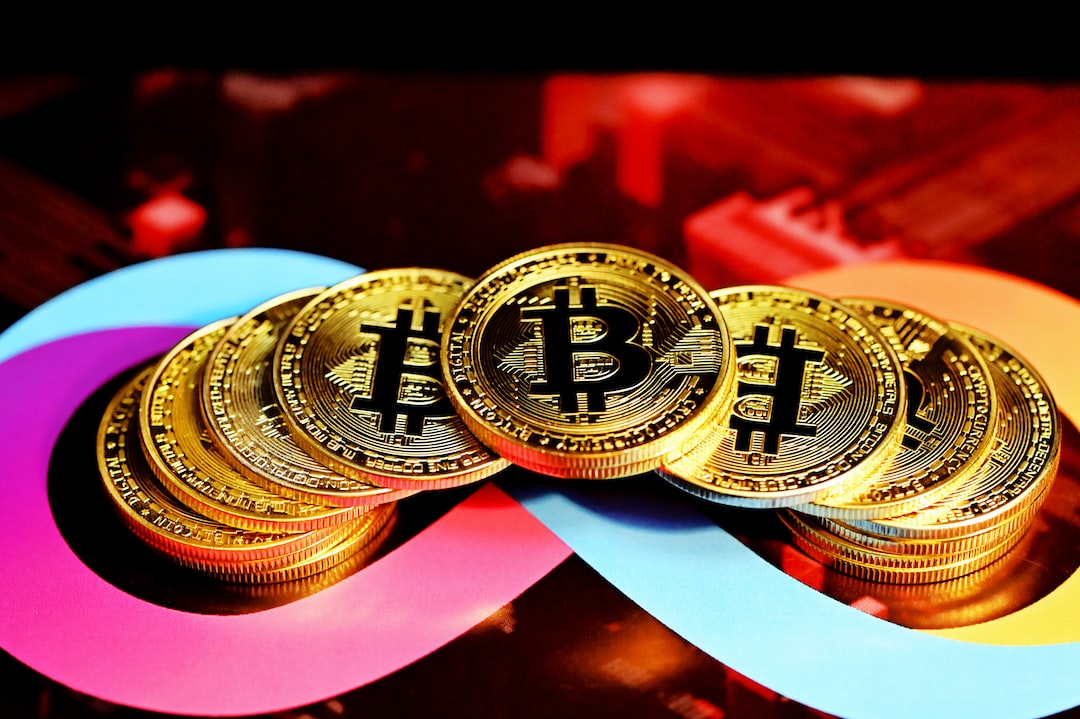The world of financial trading is vast and complex, with multiple markets and instruments available to traders. Two of the most popular markets are futures and forex. Both offer the potential for high returns, but which one is better? In this article, we will explore the differences between futures and forex and help you decide which market is right for you.
What are futures?
Futures are financial contracts that obligate the buyer to purchase an underlying asset at a predetermined price and time in the future. Futures contracts are traded on organized exchanges, and they are standardized in terms of quantity, quality, and delivery date. Futures are often used to hedge against price movements in the underlying asset, but they can also be used for speculative purposes.
What is forex?
Forex, or foreign exchange, is the market where currencies are traded. The forex market is the largest and most liquid financial market in the world, with an average daily trading volume of over $5 trillion. Forex trading involves buying and selling currencies with the aim of making a profit from the changes in exchange rates. The forex market is decentralized, meaning that it is not traded on organized exchanges but rather through electronic communication networks.
Differences between futures and forex
1. Market structure
The most significant difference between futures and forex is their market structure. Futures are traded on organized exchanges, while forex is traded over-the-counter. This means that futures contracts are standardized, and buyers and sellers must trade through the exchange. In contrast, forex is decentralized, and buyers and sellers can trade with each other directly or through electronic communication networks.
2. Underlying assets
The underlying assets of futures contracts are commodities, financial instruments, and indices. Commodities include agricultural products, energy, metals, and other physical goods. Financial instruments include stocks, bonds, and currencies. Indices are benchmarks that represent a group of stocks or other assets.
On the other hand, forex involves the buying and selling of currencies. Currency pairs are traded, with the most popular being EUR/USD, USD/JPY, and GBP/USD. Each currency pair represents the exchange rate between the two currencies.
3. Trading hours
Futures contracts are traded during specific hours, depending on the exchange. The Chicago Mercantile Exchange, for example, trades futures contracts from Sunday evening to Friday afternoon. In contrast, forex is a 24-hour market, with trading sessions starting in Sydney and moving around the globe to Tokyo, London, and New York.
4. Leverage
Both futures and forex trading involve leverage, which means that traders can control a large amount of money with a relatively small investment. However, the leverage in futures trading is lower than in forex trading. Futures contracts typically require traders to put up a margin of 5%-15% of the contract value, while forex trading can offer leverage of up to 500:1.
5. Liquidity
The forex market is the most liquid market in the world, with a high volume of trades and a vast number of participants. This means that forex traders can enter and exit positions quickly and at any time, with little to no slippage. Futures markets can also be liquid, but the liquidity can vary depending on the contract and the exchange.
Which is better: futures or forex?
The answer to this question depends on your trading goals and preferences. Both futures and forex offer the potential for high returns, but they also come with risks. Futures trading is often used for hedging purposes, while forex is more geared towards speculative trading.
Futures trading can be a better option for traders who prefer more structure and standardized contracts. Futures markets are also less prone to manipulation because they are traded on organized exchanges. However, futures contracts can be more expensive to trade, and the liquidity can vary depending on the contract and the exchange.
Forex trading can be a better option for traders who prefer a more flexible market and higher leverage. The forex market is also more accessible to retail traders, with lower minimum investment requirements and fewer restrictions on trading strategies. However, the forex market can be more volatile, and traders must be prepared to manage their risk carefully.
Conclusion
In conclusion, both futures and forex trading offer unique opportunities for traders. The choice between the two depends on your goals, preferences, and risk tolerance. Whether you choose futures or forex, it’s essential to have a solid understanding of the market, develop a trading plan, and manage your risk carefully to succeed.


